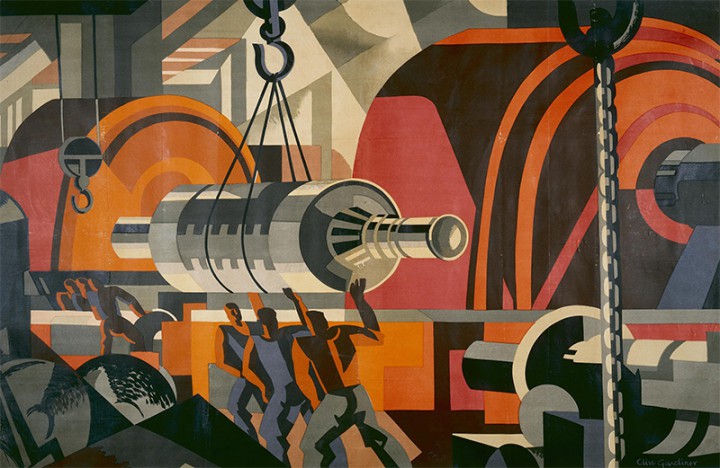
A machinery of government (MoG) change is a transfer of functions between ministers, either:
- between ministers in charge of departments or other Cabinet Ministers, or
- between a minister and a non-departmental public body (NDPB)
It can affect functions carried out by the minister’s department or a public body such as an executive agency under the minister’s control, or by other public bodies. Usually the transfer of a function takes effect immediately.

If the transfer of information between organisations is not managed effectively there are considerable risks that vital information could be lost and that organisations will fail to comply with information legislation, therefore it is important that organisations plan for machinery of government changes.
Digital records and information are vulnerable to loss and corruption so it is important to manage digital information and records carefully through any machinery of government change.
The team responsible for transferring information will need to decide on the records to be transferred, in close consultation with the business unit currently responsible for the function.
Both teams overseeing the change need to ensure that the transfer of all forms of knowledge and information is effectively managed.
Organisation records created prior to a change of status will remain public records after a change of status.
This section deals with private office records and parliamentary considerations.
During a machinery of government change it is important that both organisations comply with information legislation.
One of the priorities in any move of records and other information following a transfer of functions is information security.